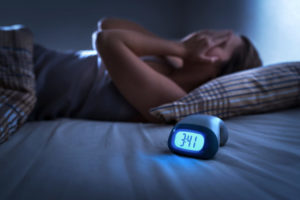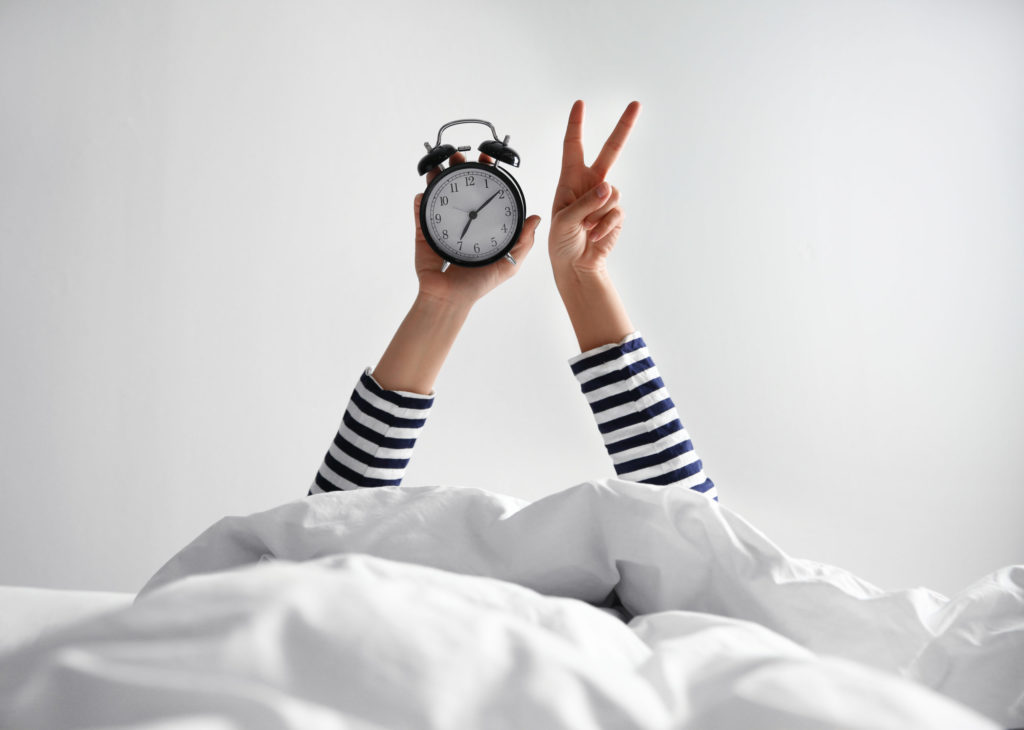
Build a Better Sleep Routine with These Simple Tips
Last updated on August 3rd, 2022 at 04:21 pm

There are nights you drift off the instant your head hits the pillow. Other times, you spend hours tossing, turning, and waiting. Unfortunately, you can’t summon sleep with a snap of your fingers, but other tricks can help you fall asleep faster and stay well-rested.
Sleep hygiene, a key for troubled sleepers, refers to behaviors and environmental elements that promote better sleep health. Just like dental or personal hygiene, it’s crucial to practice good sleep habits every day. Over time, your body will adapt to a routine, and like magic, sleep will come easily and naturally.
Sleep holds power over many aspects of our health and well-being, from mood and memory to weight and even immunity. That’s why it’s so important to establish healthy sleep habits right now. Whether you’ve suffered from sleep issues before or your sleep schedule has gone off course recently, these tips can help you create a new routine that will have you feeling refreshed and restored with each day.
Stretch it out. Vigorous physical activity and exercises are not recommended right before bed, as these activities are too stimulating. However, gentle stretches can help release built-up tension and put your mind and body in a more relaxed state. Here are eight different stretches to try.
Take an evening bath or shower. Research has shown that a warm bath one or two hours before bed can improve the quality of sleep, as well as reduce the time it takes to fall asleep. Our bodies naturally drop in temperature to initiate sleep, and bathing can help hasten the signal to our brains that it’s time for bed as we cool down afterward.
Keep it cool. As mentioned above, body temperature plays a critical role in sleep quality, but so does ambient temperature. The National Sleep Foundation recommends setting your bedroom thermostat between 60 and 70 degrees for adults and between 65 and 70 degrees for babies and toddlers. You’ll want to put on socks or use a hot water bottle, as cold feet can have the opposite effect of disrupting sleep.
Have a snack. Late-night eaters rejoice! Some nutritionists recommend having a small, light snack to curb nighttime hunger pangs. Opt for low-fat and nutrient-dense foods like nuts and seeds, whole-grain crackers, or warm milk. Bananas are high in the minerals magnesium and potassium that help relax muscles and may ward off troublesome leg cramps.
Worried about getting a good night’s sleep? Here’s one solution for an overactive mind, plus check out these calming techniques you can try before bed.





